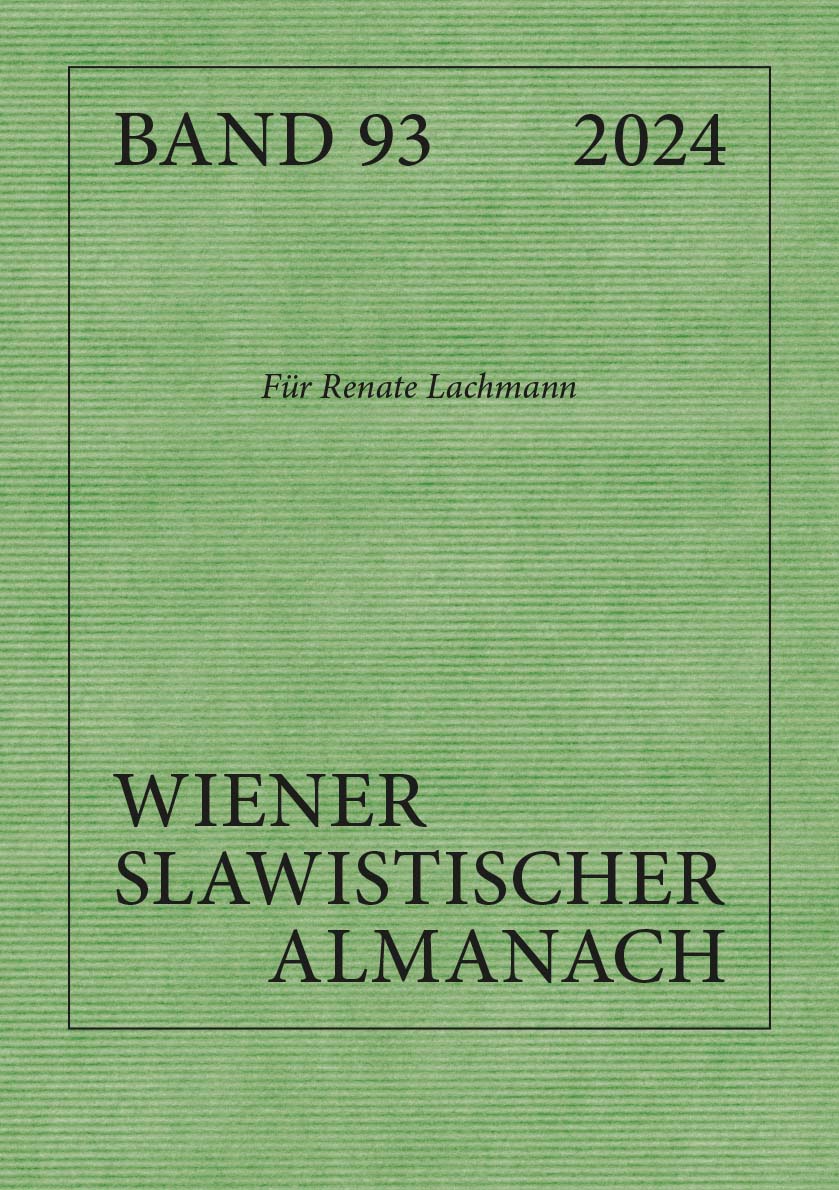Die Translatio Imperii als Geburtsstätte der postimperialen Literatur
Veröffentlicht am 04.02.2025
Schlagwörter
- Translatio Imperii,
- disciplinary power,
- author,
- ‘Doppelgänger’,
- translation
Abstract
Ever since medieval times, European empires have established a political, economic, religious, cultural and/or linguistic gap between their enlightened and benighted regions as the very basis of their identities, requiring translatio imperii as their conditio sine qua non. In the twentieth century, this gap has resurfaced after the dissolution of the East-Central European empires in the aftermath of the First World War as well as the crumbling of the West European colonial empires subsequent to the Second World War. In East-Central European empires, it took the shape of a transition from a ‘sovereign’ to a ‘disciplinary’ administration of the peripheries, while in West European empires – of a switch from a merciless assimilation to an affirmative regeneration of the colonial constituencies. Relating these two historically and geopolitically distant forms of translatio imperii to one another, this article claims that Kafka, as the writer of the first, prefigures Coetzee, as the writer of the second. Both writers responded to the traumatic withdrawal of inherited transcendental guarantees from the world of human commonality by displacing their narrative authority beyond the reach of their readers.
Zitationsvorschlag
Copyright (c) 2025 Vladimir Biti (Autor/in)

Dieses Werk steht unter der Lizenz Creative Commons Namensnennung 4.0 International.

